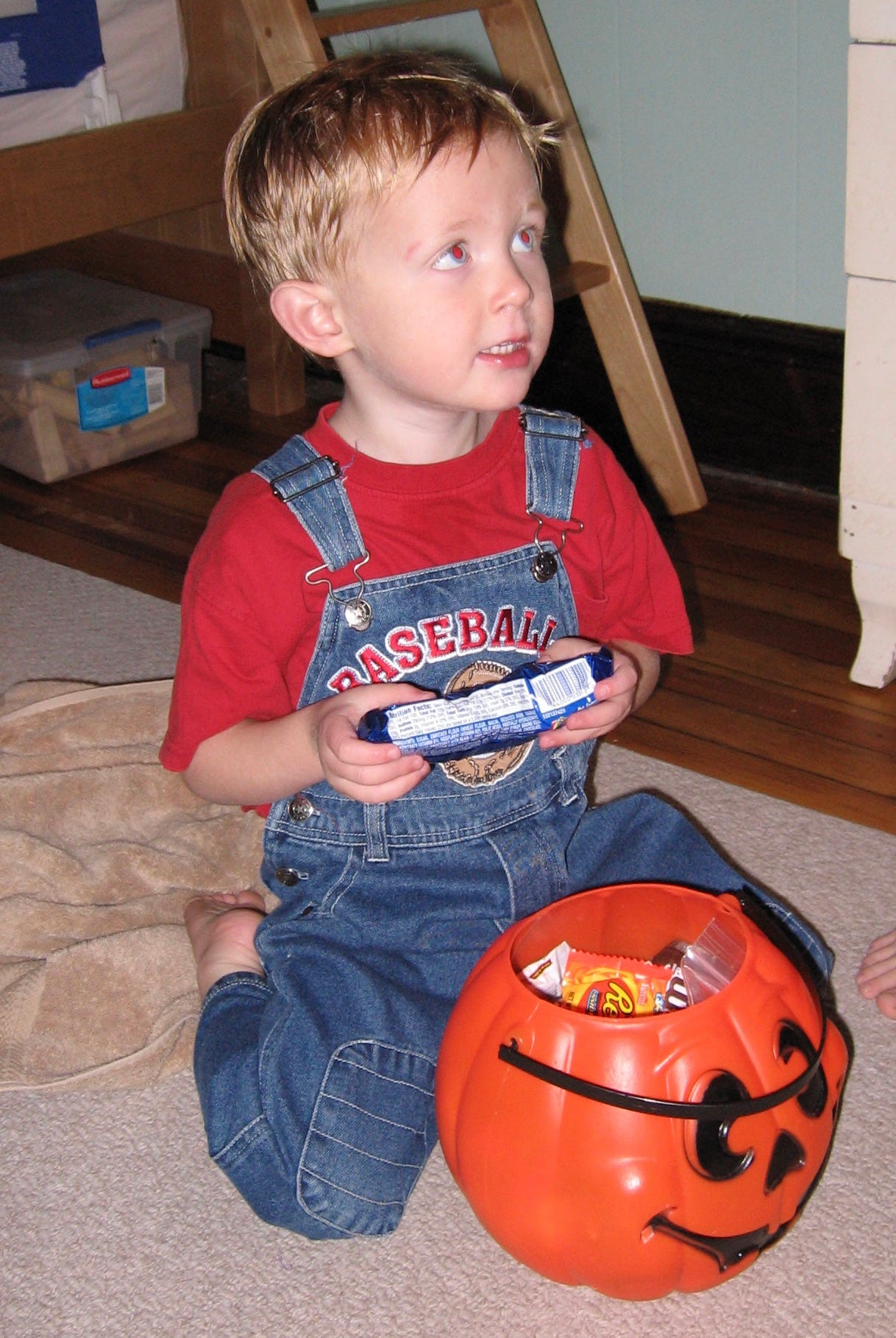Last week, I started a short series of newsletters, which will discuss how we helped Ian manage his autism challenges when he was younger. I did an overview of what research says are the three variables play a significant role in determining future outcomes: the IQ starting point, parents, and therapy. The next few of newsletters will focus on parents. First let me start at the beginning.
When my kid was two, he stopped following the stages of development in the parenting manuals. Instead of lisping basic words for mama and juice — moments that would be captured in adorable home movies and shared on social media — Ian screamed. He screamed a lot.
We were terribly confused, because he progressed rather normally up until then, walking when other kids walked and eating when other kids ate. My mother and the aunties told me not to worry, because smart kids always talked late. He would catch up, they assured me. But after three years of speech therapy and my own home-spun efforts, he still wasn’t a fabulous talker, and other problems raised their head. At five, we brought him to a neurologist, who watched him read the small print on the side of a water bottle. She asked us, “has anybody ever used the word ‘autism’ with you before?”
At that point, our life took a radical departure from the Great Plan. Instead of marching through the well-trod rites of parenthood with kindergarten and Little League and driving tests, we struggled with school districts, fought with insurance companies, and tried to find a place for ourselves in suburban life. We no longer fit into the Great Plan of parenting.
Some experiences were painful, like when my husband, a former Eagle Scout, realized that he would never be Boy Scout Den Leader. Other experiences were tiresome; it was difficult to do things that other families did effortlessly, like going to a restaurant and seeing a show on Broadway. A handful of times were simply horrific, like when he ended up in the hospital for days with a rare and dangerous reaction to epilepsy medicine.
There were indirect impacts on our lives, too. I had to step away from a career that I trained for twenty years. Being down one full-time income, plus tons of additional expenses for tutoring and out-of-pocket therapy and medical care, meant that our older child could not attend the college of his choice, and we’ll have a less secure retirement. Getting Ian a proper education required constant vigilance, self-education about rights and various therapies, and sometimes assistance from an expensive lawyer or advocate.
Then there are the unquantifiable costs of managing to exist in a world that does not understand differences. It’s draining to deal with ignorant strangers, who are not kind. There are many days when every other kid on the block has weekends of activities planned out by school and town, while your kid sits in his bedroom looking at YouTube videos on his phone. On those days, the bitterness wears on a body like acid on rock. It’s hard to be The Untouchables.
At times, I handled these pressures with grace and humor. Other times, I was a hot mess. It helped to maintain a career, if only a part-time one. I consciously sought out friends who didn’t let these obstacles define them. I met people like Corinna and Susan and Elaine who shared their stories and then got dressed up in heels and tight jeans for a round of drinks at the Bicari Grill.
It’s been tough at times, for sure. And I want people to know about the tough parts, because I believe that changes in political and social life are possible. But at the same time, it equally important to say that my kid was worth it. 100 percent. He’s a beyond-awesome person, and his presence in my life -- quirks and all -- is a blessing. He was worth every sacrifice. Also, I know for sure that all our hard work paid off. Working on language skills together and correcting endless social gaffes, all those hours, made a big difference in his life.
I’ll get into the nitty-gritty soon.
LINKS
I watched a webinar on college for people with disabilities last night. They listed a bunch of resources, including this website that has a list of the colleges that have supports for people with autism.
Two new autism books: Students with Autism: How to improve language, literacy, and academic success by Katherine Beals and Visual Thinking: The Hidden Gifts of People Who Think in Pictures, Patterns, and Abstractions by Temple Grandin.
We participated in a 5K fundraiser for Ian’s school last weekend. Want to see some pictures of his new school? Excuse the grumpy faced children. We had to get up very early to get to the race on time, and the boys were less than pleased.
I have an IEP meeting today at 1:00. Wish us luck.
From my general newsletter:





Always grateful for your shared perspective. Despite our kids' differences, so many of the experiences are universal.
I find your work and journey so inspiring as our family navigates its own path! Loved the title of today’s post as well. ✨Thank you! ✨